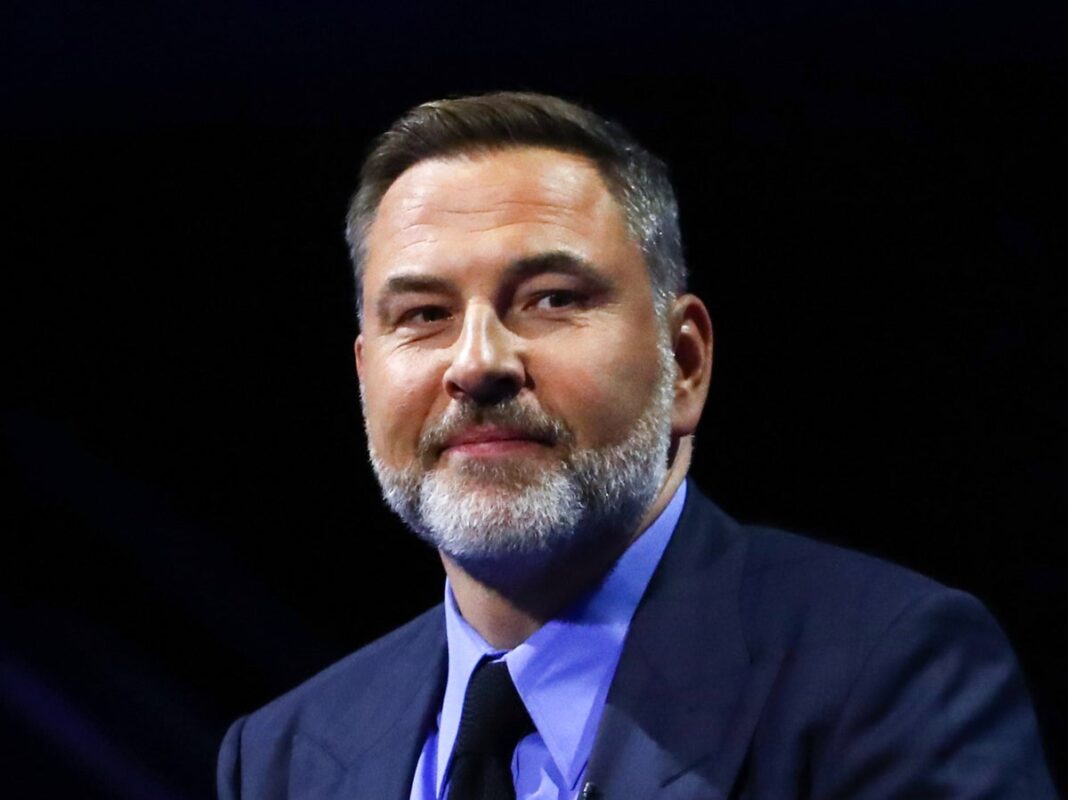The Daily Observer London Desk: Reporter- Sarah Marshal
The end came abruptly for David Walliams’ tenure on Britain’s Got Talent. The comedian and children’s author served as a judge on the ITV reality series for a decade, until vulgar remarks he had allegedly made about certain contestants came to light via Media in November 2022. In one instance, Walliams referred to an elderly contestant as a “c**t” multiple times; in another, he described a female contestant as “the slightly boring girl you meet in the pub that thinks you want to f*** them, but you don’t”. Walliams apologised at the time, stating that the insults were lifted from “private conversations with friends” and “were never intended to be shared”.
Plenty of other celebrities have committed more grievous sins than Walliams and held onto their jobs; it’s perhaps just the rebarbative optics of Walliams’s comments that made his role untenable. (What has seemingly been glossed over amid the outrage is exactly to whom Walliams made these remarks, and why they were not called out at the time.) After the BGT insult furore, Walliams was removed from the judging panel; series bigwig Simon Cowell this week said that Walliams had “decided to take a step back”, with “the final decision” having gone to the show’s two producers. So, on Saturday, BGT returned for its 16th series with Walliams replaced by ex-Strictly Come Dancing judge Bruno Tonioli. The Little Britain star’s departure can be seen as an attempt to detoxify the programme. The truth is, however, BGT’s problems run deeper than a few nasty remarks.
The show is facing an uphill battle. Viewing figures are less than half what they were at the series’ peak, with Saturday’s premiere averaging 5.5 million – the lowest numbers for a season opener since the series’ very first episode in 2007. There are a few factors behind this, some of which are unavoidable and industry-wide. In the years since BGT began, terrestrial TV in general has been decimated by streaming services. Talent competitions have, by and large, fallen out of vogue, with reality TV shifting more towards dating series and high-concept competitions such as Race Across the World or The Traitors. Some problems, though, are specific to BGT. The Cowell-fronted series has always been rooted in novelty acts – from animal trainers to impressionists to magicians. What happens when the novelty wears off?
In some ways, too, the great Walliams hot-mic scandal was simply a case of saying the quiet part loud: since its inception, BGT has frequently exhibited a snide contempt for its own contestants. It’s certainly uneasy looking back at the condescending attitudes shown towards breakout star Susan Boyle during BGT’s heyday, for example. Cowell’s cutting assessments of contestants on this show and elsewhere became his trademark, but the criticism has occasionally veered into cruelty.
Unlike many other reality series, BGT also allows kids to compete, leading to multiple occasions when young children have been shown breaking down in tears on stage. After nine-year-old Malaki Paul experienced one such incident in 2012, a spokesperson for the show said: “Many people will have felt uncomfortable to see a young child under so much pressure. The welfare of the child must always come ahead of the drive for ratings.” Big words – but Paul was not the last child to have their distress broadcast to the nation.
That’s not to say that BGT is completely regressive, or that it has resolutely failed to change with the times. In 2020, the show made headlines thanks to a bold, politicised performance from dance group Diversity, which directly addressed police brutality and the Black Lives Matter movement. It brought BGT back into the zeitgeist but proved divisive among its core audience: it prompted nearly 30,000 Ofcom complaints – the most for a TV series in more than a decade – which the broadcast watchdog dismissed. That same year, a stand-up routine from comedian Nabil Abdulrashid drew a similar mix of ardent acclaim and reactionary indignation.
As the series trudges towards the two-decade mark, it could be that Walliams’s departure heralds a new era for BGT. But it sure feels like back to business as usual. A new judge, the same old foibles. In the cut-throat world of prime-time television, BGT will need more than just fresh talent to save itself.



